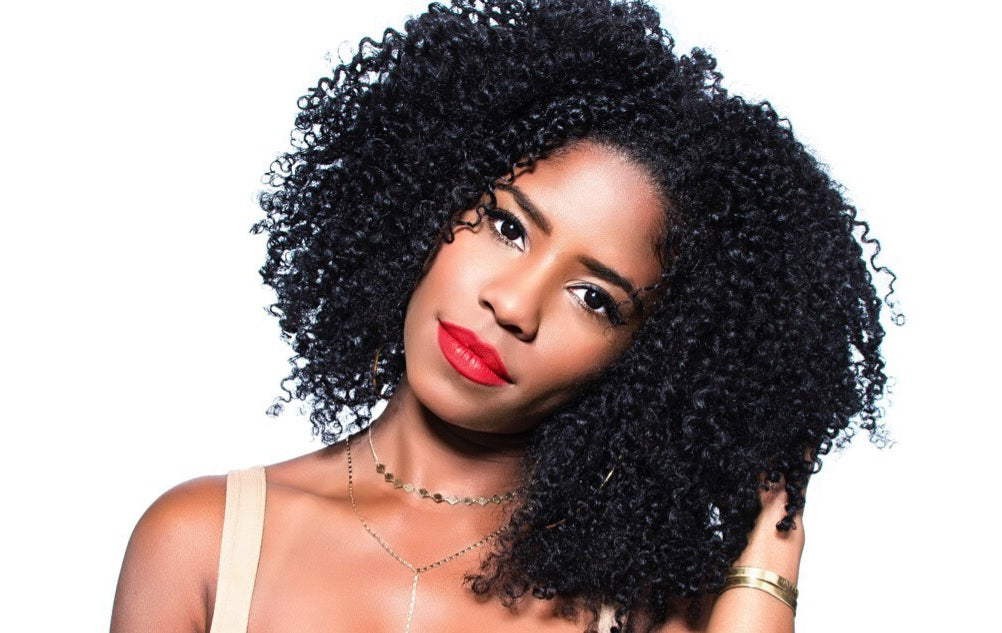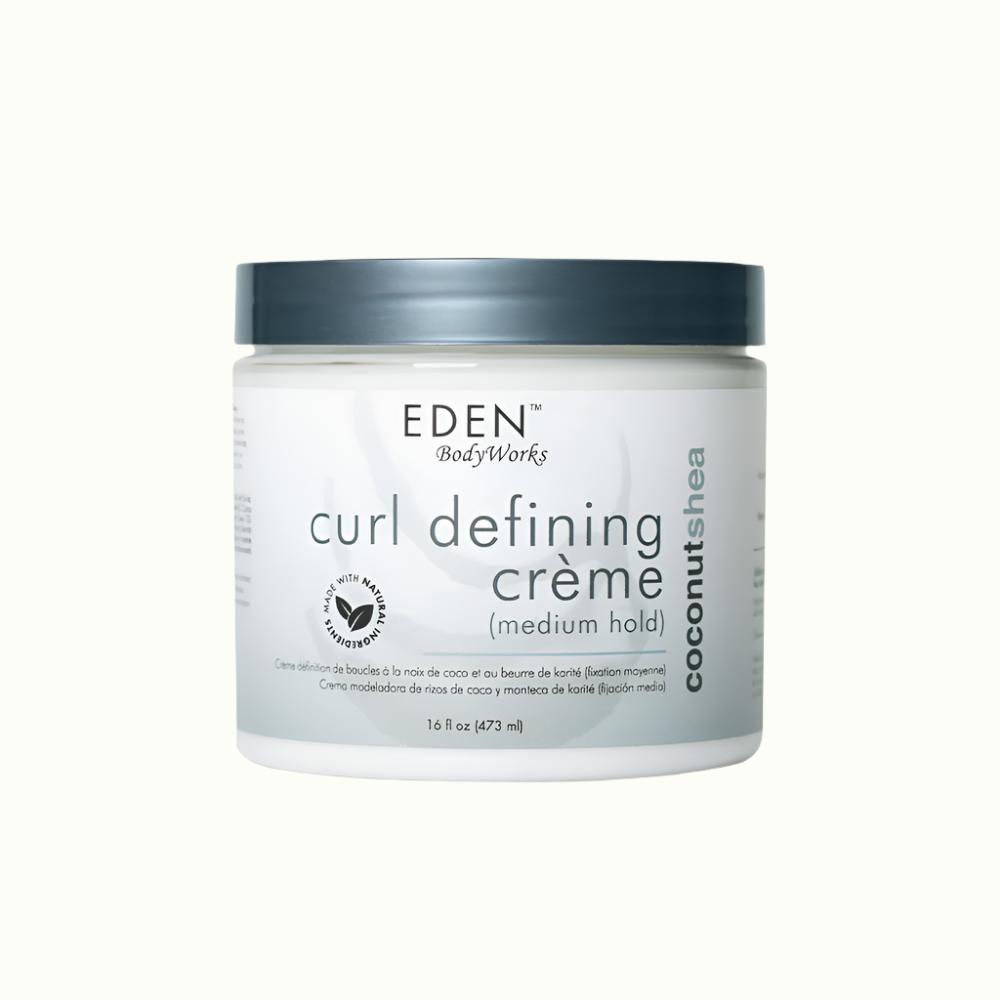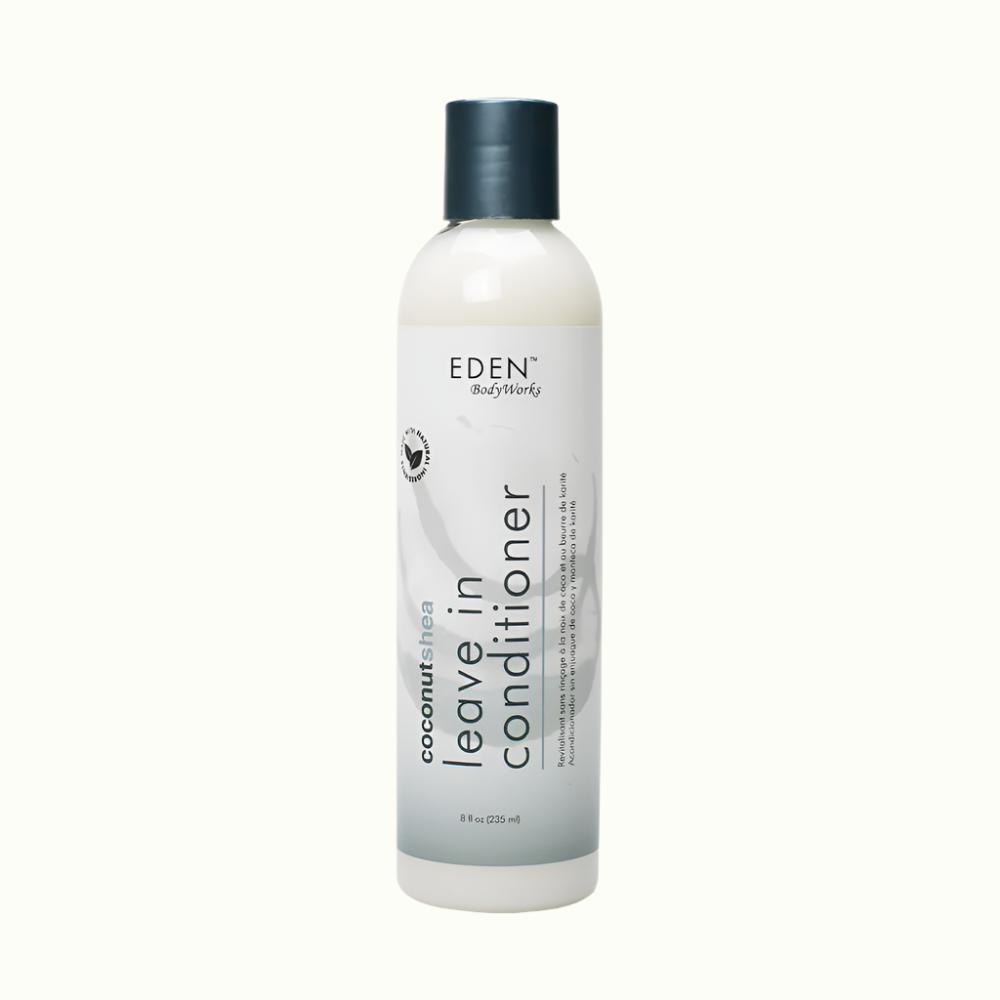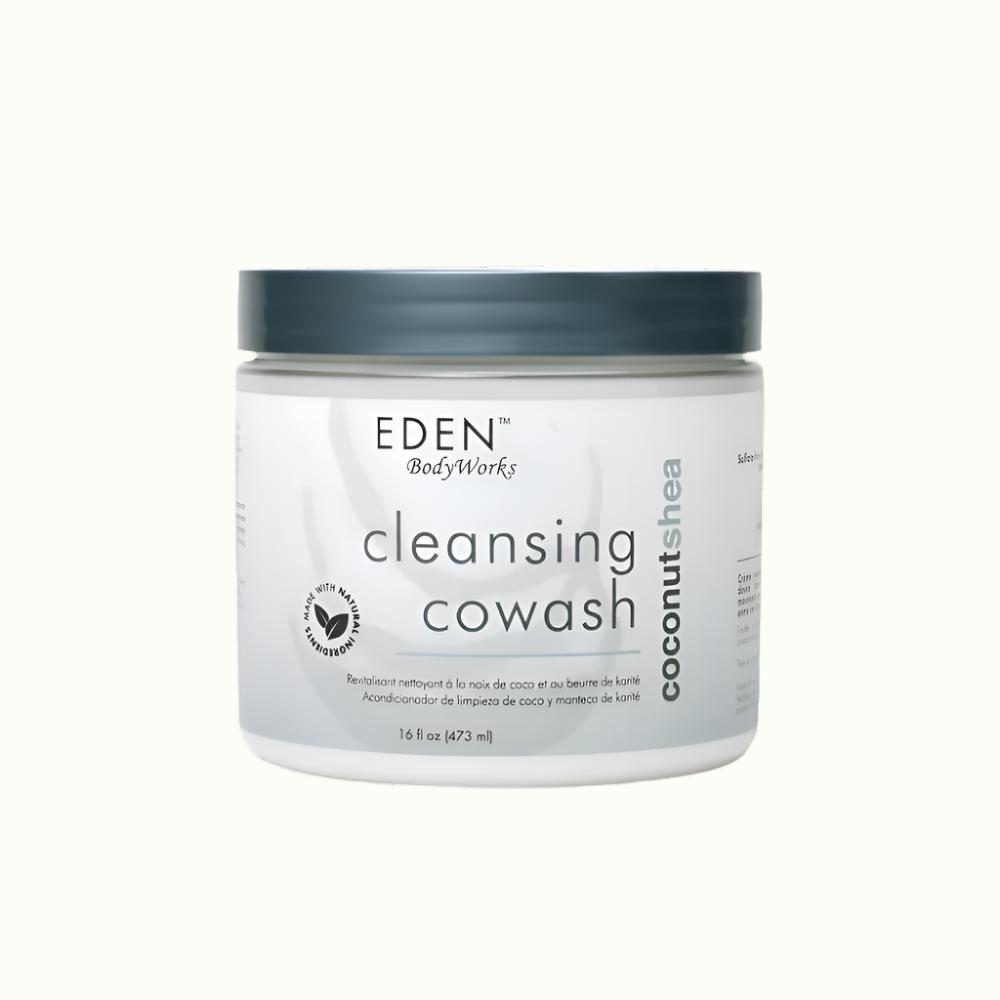(Photo credit: CURLfriend Syeda_bombom)
When it comes to hair care, understanding the difference between regular conditioner and deep conditioner is important when treating your hair properly. These two products might seem similar, but they serve distinct purposes. Whether you're dealing with dry strands, hair breakage, frizz, or simply striving for shinier hair, knowing when to use each product is key. Read on to discover when to use them, their benefits, and their differences.
What is a Conditioner?
Think of conditioner as the unsung hero of your hair care regimen. Without it, your hair might be clean, but it won't be as shiny and healthy as it could be. Conditioners work by coating the hair shaft with a protective layer. This layer reduces friction between hair strands, making your hair easier to comb and style.
Benefits
Regular conditioners are designed to deeply hydrate and nourish your hair, resulting in a soft, smooth, and manageable texture. They typically include detangling properties, which facilitate easier combing and help minimize breakage and tangles.
What is a Deep Conditioner?
Deep conditioners are treatments that provide a higher level of moisture and nourishment than regular conditioners. They penetrate deeper into the hair shaft to repair damage, restore elasticity, and hydrate from within. This makes them ideal for occasional use when your hair needs extra TLC.
BenefitsDeep conditioning plays a vital role in protecting your hair from damage. It enhances your hair's elasticity, helping to reduce breakage. By deep conditioning, you can smooth the hair shaft and restore its natural shine. Additionally, incorporating regular deep conditioning sessions with heat will strengthen your curls and ensure your hair retains the moisture necessary for optimal health.
Differences Between Conditioner and Deep Conditioner
Depth Of Hair Penetration
- Regular conditioners work on the hair's surface, providing a quick layer of moisture and protection.
- Deep conditioners penetrate the hair shaft, delivering nutrients to the core of each strand. This makes deep conditioners more effective for addressing severe dryness and damage.
Duration Of Treatment
- Conditioners are typically left on the hair for 1-3 minutes, making them convenient for everyday use.
- Deep conditioners require a longer treatment time, usually between 10-30 minutes to allow the ingredients to fully penetrate your hair. Overuse can lead to product buildup or overly moisturized hair, which can be counterproductive.
Frequency Of Use
- Regular conditioners are suitable for daily or weekly, providing consistent hydration and protection.
- Deep conditioners are best used sparingly—think of them as a bi-weekly treat for your hair, giving it a hydration boost and repairing any damage.
When To Use Regular Conditioner
- Weekly Maintenance—They detangle, reduce frizz, and add a layer of moisture, making your hair look polished and smooth every day. If you have normal hair without specific issues, a regular conditioner might be all you need.
- After Shampooing—Shampooing can strip your hair of natural oils, leaving it dry and prone to tangling. A conditioner helps restore moisture levels and makes the hair easier to manage. It's an important step to balance the cleansing process.
- For Lightweight Hydration—If you have fine or oily hair, you might prefer the lightweight hydration that a regular conditioner offers. It provides enough moisture without weighing your hair down or making it look greasy.
When To Use A Deep Conditioner
- Intensive Repair—Deep conditioners are great for hair that's been damaged by heat styling, chemical treatments, or environmental factors. They provide intensive repair, helping to rebuild the hair's structure and restore its health.
- After Coloring Hair Or Using Heat Styling Tools—Have you recently colored your hair or used a lot of heat styling tools? A deep conditioning treatment can help mitigate the damage and keep your hair looking its best.
Understanding the differences between regular and deep conditioners can affect the health and appearance of your hair. By incorporating both into your routine, you can ensure your hair receives the perfect balance of daily maintenance and intensive care. Here is a conditioner and deep conditioner we recommend adding to your hair care routine.
Conditioner:
Peppermint Tea Tree Detangling Conditioner—benefits: moisturizing, scalp circulation + detangling
Deep Conditioner:
Lavender Aloe Anti-Breakage Deep Conditioner—benefits: replenishes dry hair, strengthens strands, enhances natural elasticit










